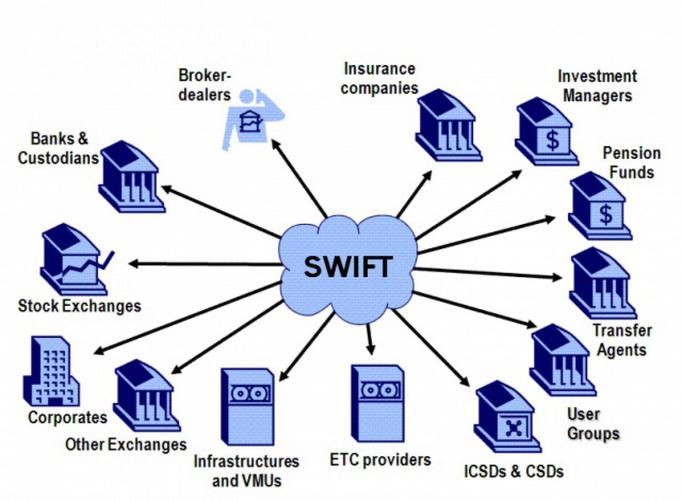SWIFT vs. Blockchain
0SHARES0VIEWSShare on FacebookShare on TwitterShare on LinkedInThis posting is in VentureBeat and written by a senior at a blockchain payments network. The piece essentially contrasts the globally dominant SWIFT network for financial transaction messaging with the rising interest in and use of blockchain networks for similar purposes. We have been covering this general topic on these pages and in member research now for some time, therefore many readers will be familiar with the innovations that have been happening and will continue to occur in x-border transactions. Some readers will also have viewed a recent webinar conducted by Mercator as it relates to Russia sanctions, which includes denial of access to SWIFT for various Russian banks, which included discussion around alternative networks and CBDCs.
‘SWIFT has made it much easier to dispatch cross-border payments and has established itself as a dominant player in global financial transactions. But only recently has it gained mainstream attention, when the United States and European Union removed key Russian banks from the cooperative, including Bank Otkritie, Novikombank, Promsvyazbank and more, to further economic sanctions that started in February 2022…
As the financial industry homes in on SWIFT, it begs the question, is there a better and faster way to accomplish cross-border payments? Many are now seeing blockchain technologies become the mechanism for driving the next generation of global finance solutions.’

The author goes on to review some of the inherent benefits associated with blockchain-based transactions, including speed, cost and security. The blockchain route as an alternative to SWIFT has been brewing since around 2016 when Ripple publicly challenged SWIFT at events around SIBOS in Switzerland that year. Other networks have since grown up as well and then CBDCs also began to take root over the past several years. So the alternative(s) remain active and growing, and it is a matter of time as to how large a role they play in the future. As pointed out in the previously mentioned webinar, one of the downsides to weaponizing financial transaction systems (justifications aside) is that a greater focus will be placed on alternatives to the status quo, which was already underway anyhow.
‘With blockchain’s elimination of reliance on intermediaries, international banks can connect directly to one another on the same network, cutting down time and resulting in minimal fees. While current cross-border transactions are costly and can take several days, blockchain technology enables them to take place in a matter of seconds. These transactions can also be better tracked, as the blockchain keeps a record of all transfers of data, which are stored and timestamped in the master ledger…
Banks that invest in decentralized systems and adopt blockchain technology will soon realize its many benefits. With regulations in place for commercial banks, there will first need to be standards and guidance established. Once these standards are established, financial institutions will have the opportunity to redefine the entire industry and prove blockchain’s transformative use cases for global finance.’
Overview by Steve Murphy, Director, Commercial and Enterprise Payments Advisory Service at Mercator Advisory Group
Tags: BlockchainCBDCCross-BorderCross-Border Paymentsfinancial messagingRippleSwift0SHARES0VIEWSShare on FacebookShare on TwitterShare on LinkedInAnalyst Coverage, Payments Data, and News Delivered DailySign up for the PaymentsJournal Newsletter to get exclusive insight and data from Mercator Advisory Group analysts and industry professionals.




